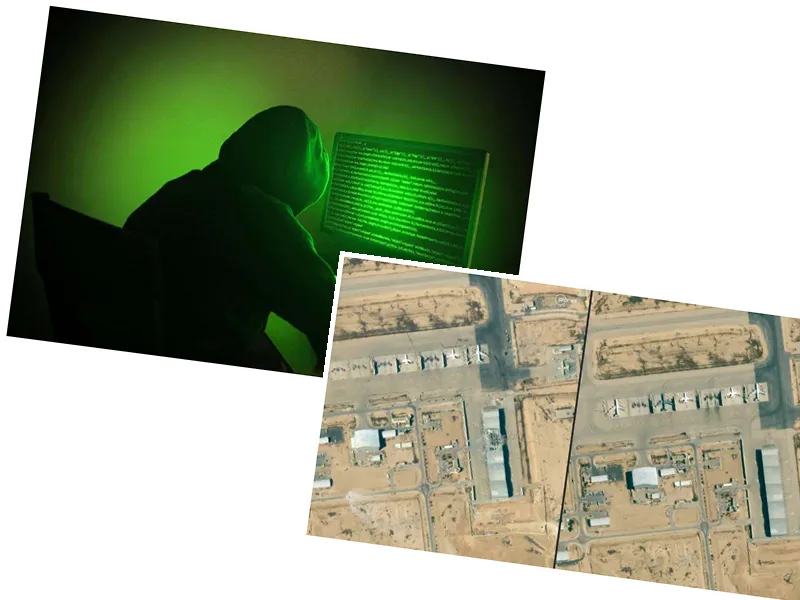The recent Iranian missile attack on the Nevatim air base in southern Israel has raised significant concerns regarding the effectiveness of Israeli air defense systems. According to reports from Israeli news outlets, the attack resulted in substantial damage, including a large hole in an aircraft hangar and damage to administrative buildings. Despite these damages, the Israeli Defense Forces (IDF) have downplayed the impact on military capabilities, stating that the air force's operational readiness remains intact. The IDF confirmed that approximately 180 ballistic missiles were launched from Iran, but emphasized that their air defense systems successfully intercepted many of them, preventing significant damage to national infrastructure or loss of life. The situation highlights the ongoing tensions between Israel and Iran, as well as the complexities of modern military engagements where missile technology plays a crucial role in defense and offense operations.
- The Nevatim air base, located in the Negev Desert, is a critical facility for the Israeli Air Force, housing advanced aircraft such as the F-35 Lightning II stealth jets. The Iranian missile attack, which occurred on October 1, 2024, has prompted discussions about the vulnerabilities of even the most sophisticated military installations. While the IDF reported no damage to aircraft or weapons, the psychological impact of the attack and the potential for future escalations in hostilities remain a concern for Israeli officials. The IDF's assertion that operational capabilities were not compromised suggests a focus on maintaining military readiness in the face of ongoing threats from regional adversaries, particularly Iran and Hezbollah.





